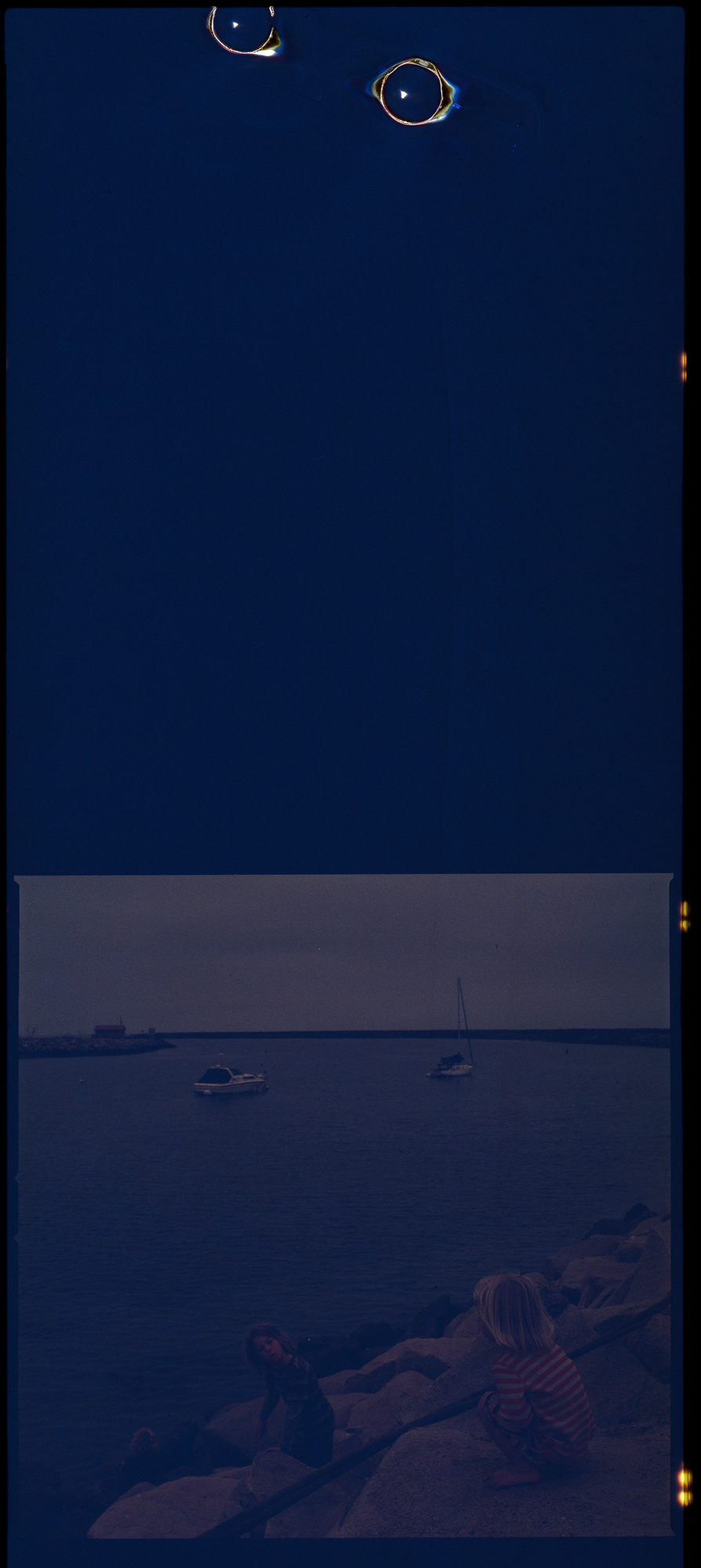
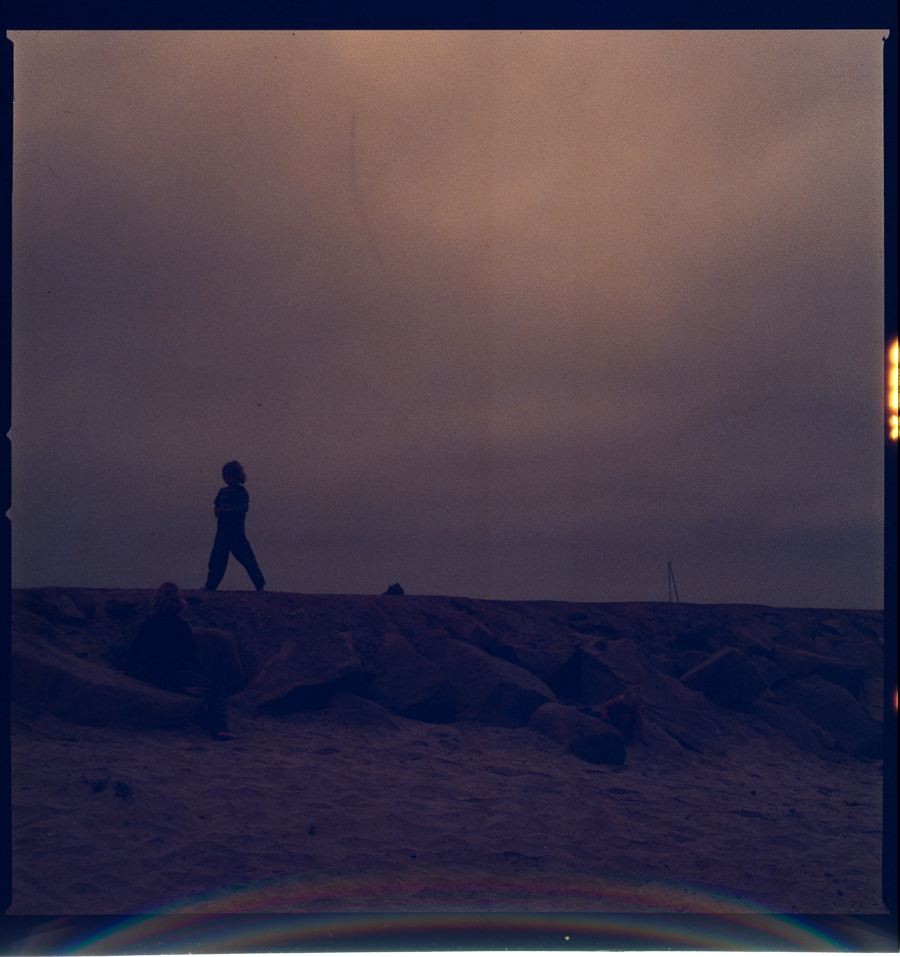
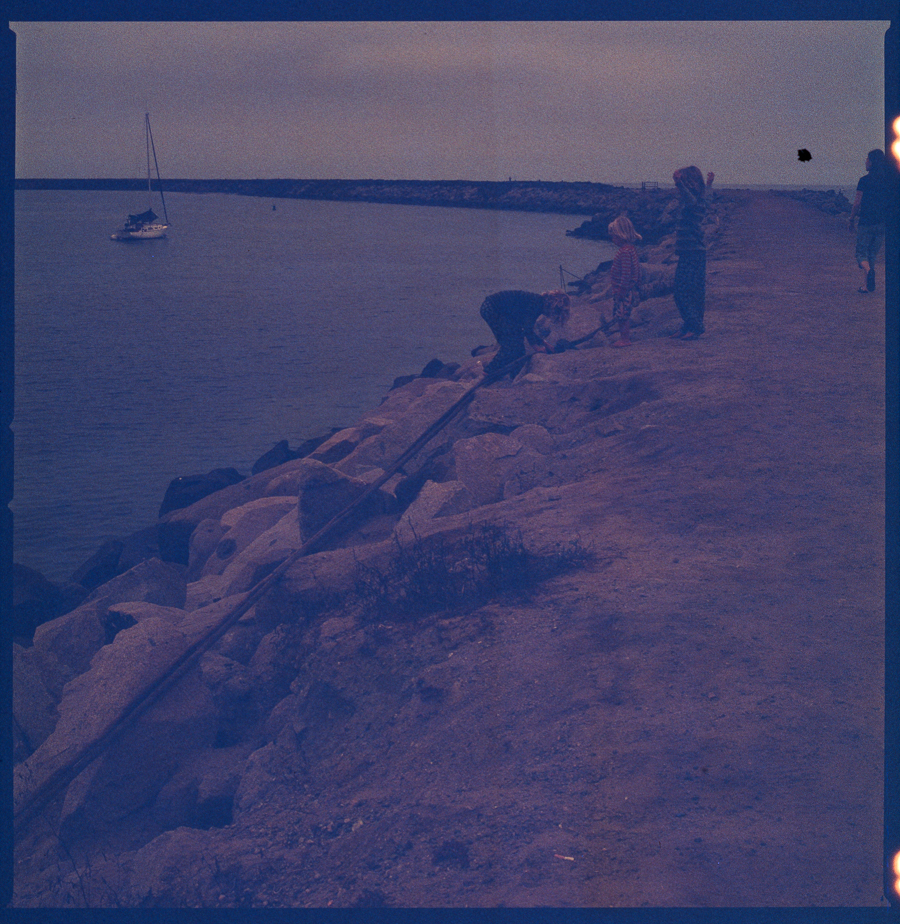







My friends loaned me a documentary of Sally Mann to watch. It had life, death and some nakedness in it.
I thought it was funny when she took pictures of her husband clipping his toe nails while their dog licked his leg. Of course the dog wore a raw scar on his side. I’m not sure what the photo was about, I’m probably not clever enough to know. She’s truly captivating and known as a bold, courageous artist, but she seemed afraid to me.
There was one thing that I grabbed hold of in that video. One thing really, that grabbed hold of me. It has me in its’ clutches now, and I don’t think it will ever let go. Not her brazen images of death, or her excruciatingly intimate portraits of youth. It wasn’t even something she had made or said herself. She quoted a line from a book that I should have already read. I have no excuse as an artist for never having read it, except that maybe I wasn’t ready to hear this line until that very moment last weekend. Maybe if I had read it before I would have skipped over it, discounting it as something I had already seen in a book once. I wonder if you will hear these words?
“All you have to do is write one true sentence. Write the truest sentence that you know.”
She spoke these words from A Moveable Feast by Hemingway. I’m sure they are in most writers’ self help books. I’m sure there is an entire brand of guru giving inspiring conferences based on this truth. But I had never heard these words in this way, and for me they have little to do with writing.
My first drawing teacher in art school was a bear of a man. He shuffled when he walked and showed us how to sharpen our pencils just so. I loved him dearly.
He was obsessed with mark making, the putting of pencil to paper, making a mark. It was not enough for him that we made areas of light and dark on our page. The shading had to be built of a myriad of marks, painstakingly laid. The image was nothing without the process.
He could always tell if the marks were authentic. And he had no patience for trying to cover up a mistake. Erasing was to him the ultimate beauty, a tearing back down to find what we had already built. Every mistake a chance to go deeper, to find if the layers were true. To dance and smear a fog of charcoal across the paper, spend hours laying line upon line, cutting back through with the white of the eraser, nothing was a waste to him. The only sin was a frantic covering up, bearing down upon a seeming mistake in order to disguise it. This he hated, this alone would draw anger quick from the towering teddy bear of a man. His soft step and and easy way would draw up solid against this disrespect. Disrespect of the process, and of the paper that welcomed us and gave us ground to create the image. He would yank the charcoal or pencil from our hands and grieving tell us how the paper was ruined, it had no integrity left, it’s woven strands broken and mashed under our impatient hands. No mistake was to be bullied in his classroom. He would crank the old windows open wide for sun and air to bathe us, pulling our drawings close to the light to inspect every line the pressure of our pencil made, judging if it was true. Was it building, and describing, or was it tearing back down, purifying and defining? Either were fine, but a deceitful covering up was not acceptable – that was senseless destruction. We grew more afraid of his displeasure than of letting our flaws and failures show. As long as we were honest with the marks we had made, as long as we were brave enough to dive back down through the layers with our gum erasers, then he was always redeeming. There was no way to fail in his class if we did not disguise. He required only that each mark be made with every bit of passion our souls could muster. Each mark layed as if it was our signature even if it was to be buried, a foundation for a thousand others.
“…write one true sentence.”
The same friends loaned me another documentary. This one on Richard Avedon. It blew my mind, his images are mighty, indescribably powerful. But I wondered – If he had to trick his subjects to get to truth… Did he write a true sentence?
“Write the truest sentence that you know.”
I read a lot of Donald Miller. I have never met him but I think he gets me, and I get him. Except for the part about my story. The part about story in general I get. God’s story, the story of the world He created, the story of humanity, history. Got it, it’s an epic written by an all powerful, all knowing, loving author who is far beyond our comprehension but cares about our heartbreaks and the flowers on our windowsill. A story where the creator comes into our mess, offering us new life, His life. A story of good news, that’s made up of innumerable individual stories. Yep all that I believe and I love the no holds barred, irreverent way he writes about it. But when I get down to my story, that’s when I have a hard time. I know there are workshops and conferences for these things. If I were to break down and go to one, I could have all the little subplots in my life figured out so they would support a big, beautiful plot arch reaching from now until whenever I die. Then I would be assured I could live a meaningful life, once scene at a time. Then I would be a whole and healthy, fully redeemed character in my correct place in God’s story. But what if I just can’t quite believe that? I just can’t do what him and all the other writers, speakers, pastors, artists etc want me to – micromanage my story until I find fulfillment. They seem to be pointing to a path that doesn’t feel true to me. With so many people out there, if every scene in our story matters and if we can write these scenes in a way that fits the narrative we want, it feels like maybe they will only matter to ourselves. And if they only matter to ourselves then they will be forgotten and can’t make a difference to others. A friend told me that we waver between Pride and Despair. Always pride and despair hot on our trail.
Maybe the problem of thinking of my life as a story is that it makes me want to flesh out my character, set the scene a bit better, understand the journey fully. A story needs details – details like money, success, prestige, a nice house, the correct number of children. When we read a story there are lots of sentences, we know what the words mean. But I have tried to write a God approved story for myself. It didn’t work. I can’t even co author one page with Him it seems. From the moment I get up in the morning my day is off track compared with what I think would make a “good, humble, unselfish, productive” story. The minute I make a calendar or a to do list, life and death crash in with other plans. As soon as I read a book that explains everything, all new questions crop up, mend one relationship and another one breaks. In trying to write a story, the only true word I am left with is GRACE. I don’t want to write my story with God because I am afraid to get distracted by the details I can add.
Instead of trying to sort out my story, I would rather write a true sentence with my Creator. This makes more sense to me, I am one sentence in His story.
I can’t possibly wade through it all, navigate the land mines or construct what should be. I can only ask… Is this the truest sentence that I know?
I have been making marks. Pencil to paper, babies born, dishes washed, laundry done, meals made, lessons taught, lullabies sung. Mark making upon mark making, the layers build upon the humble marks. It is an ordering of chaos, books read, images made and my thoughts whirl. I sense the image growing dim, too many marks to see. A slip across the paper makes me want to crumple the sheet and start again. I remember my drawing teacher “Honor the grounds on which you built these marks, respect the hours you have labored. But don’t be afraid to cut back into it, removing, clearing space to see.” I could never get back to pure white, all the ghosts of marks made still floating on the paper, making the finished drawing all the more lovely. White space giving place to breath, defining what I am left with – the image I have been seeking since I first began putting pen to paper.
One true sentence.
If I am being honest I will say that I wish my sentence contained a beautiful home in the perfect location. I wish that my sentence held more money, recognition, an easy life, understanding, a bit of ego, philanthropy, mother of the year awards, a career, a better body, perfect children, the future all wrapped up with a pretty bow on top, etc, etc…
But I know He cares if the sparrows are hungry. He makes sure the flowers are clothed. So how much more you and I? If I can let go all the story, just make the marks, and cut through to the one sentence he meant for me to write – The one line I am to speak in His epic play, the few notes I am to sing in His grand symphony – Then I am free. Free to do this one thing and do it well in Him. I know others, only a few, who are speaking their truest sentence into existence. They give me hope that I can also.
My one true sentence, the truest one I know
lies naked with my husband. Gives birth to four boys. Moves faithful together with them. And when it comes to creating with my Maker, all I can do is simply ask – Is this the truest that I can speak for Him? Is this the line he made me to be in His epic? There is nothing else, no matter how much I would like to write it into my story.
images from early summer 2013 . Hasselblad 500/cm . expired Portra 800
.jpg)
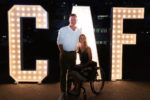


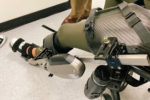


Amber - I feel that too. The packaged cliches and 5 step processes offered in some books and conferences don’t match my messy life. It is freeing that not everything ordinary is sacred, divine, scripted.
Rog - perfect